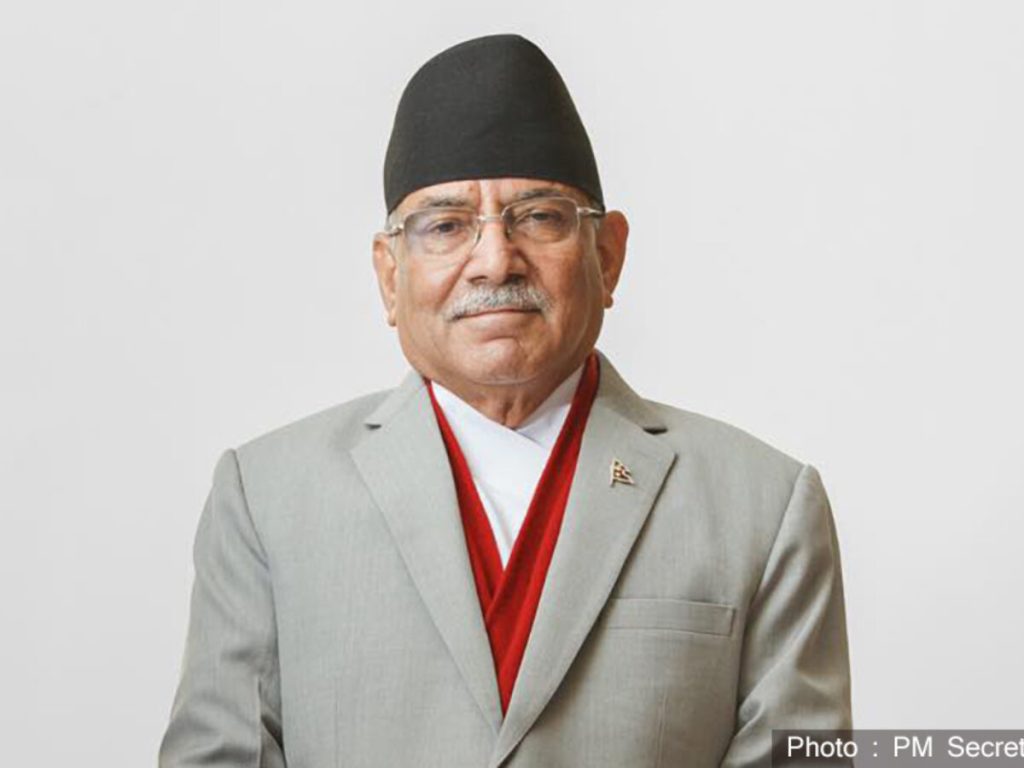KATHMANDU: Prime Minister Pushpa Kamal Dahal has pledged Nepal’s unwavering commitment to facilitate and safeguard Chinese investments and entrepreneurs within its borders. In a speech at the Nepal-China Business Summit in Beijing, PM Dahal urged Chinese businesses to seize the unique opportunities available in Nepal and explore the newfound prospects in the country.
Highlighting the potential for Chinese investments, he emphasized sectors like hydropower generation, infrastructure, tourism, small and medium-sized enterprises (SMEs), startup ventures, information and communication technology (ICT), agriculture (including highland agriculture), herbal and pharmaceutical industries, e-commerce, and renewable energy. He underlined Nepal’s enduring appeal as an attractive investment destination for Chinese enterprises.
PM Dahal acknowledged the burgeoning bilateral trade relationship between Nepal and China, with China emerging as the largest source of foreign direct investment and Nepal’s second-largest trading partner. He emphasized the importance of robust collaboration between the private sectors of both countries to further bolster the economic ties for mutual benefit.
Nepal has enacted various business-friendly policies and laws to foster a conducive environment for investments, taking advantage of its stable political climate. PM Dahal noted key legislations, such as the Foreign Investment and Technology Transfer Act, 2019, Public Private Partnership and Investment Act, 2019, Industrial Enterprises Act 2019, Special Economic Zones Act, 2019, and others, which facilitate and expedite investments.
To streamline the investment process, Nepal has established a “one-stop service center” at the Department of Industries. Additionally, the Investment Board of Nepal is actively promoting large-scale foreign investments in priority sectors on an expedited basis. PM Dahal committed to further reforms in policies, regulations, and procedures to enhance the investment climate.
He emphasized the stability of Nepal’s macroeconomic conditions, flexible labor laws, improved energy supply situation, ongoing infrastructure development in roads, railways, aviation, and industrial parks, and highlighted Nepal’s competitive corporate tax rates and special incentives for specific industries.
PM Dahal also pointed out that Nepal’s aspirations for middle-income country status by 2030 present a substantial opportunity for investment in critical infrastructure and advanced technology, expressing hope for Chinese investment to bridge financial and technological gaps.
Lastly, he referenced Nepal’s participation in the Belt and Road Initiative and progress toward finalizing its implementation plan. PM Dahal highlighted recent advancements in the Nepal-China Transit Transport Agreement and expressed his commitment to strengthening economic cooperation and cross-border connectivity between the two nations.

